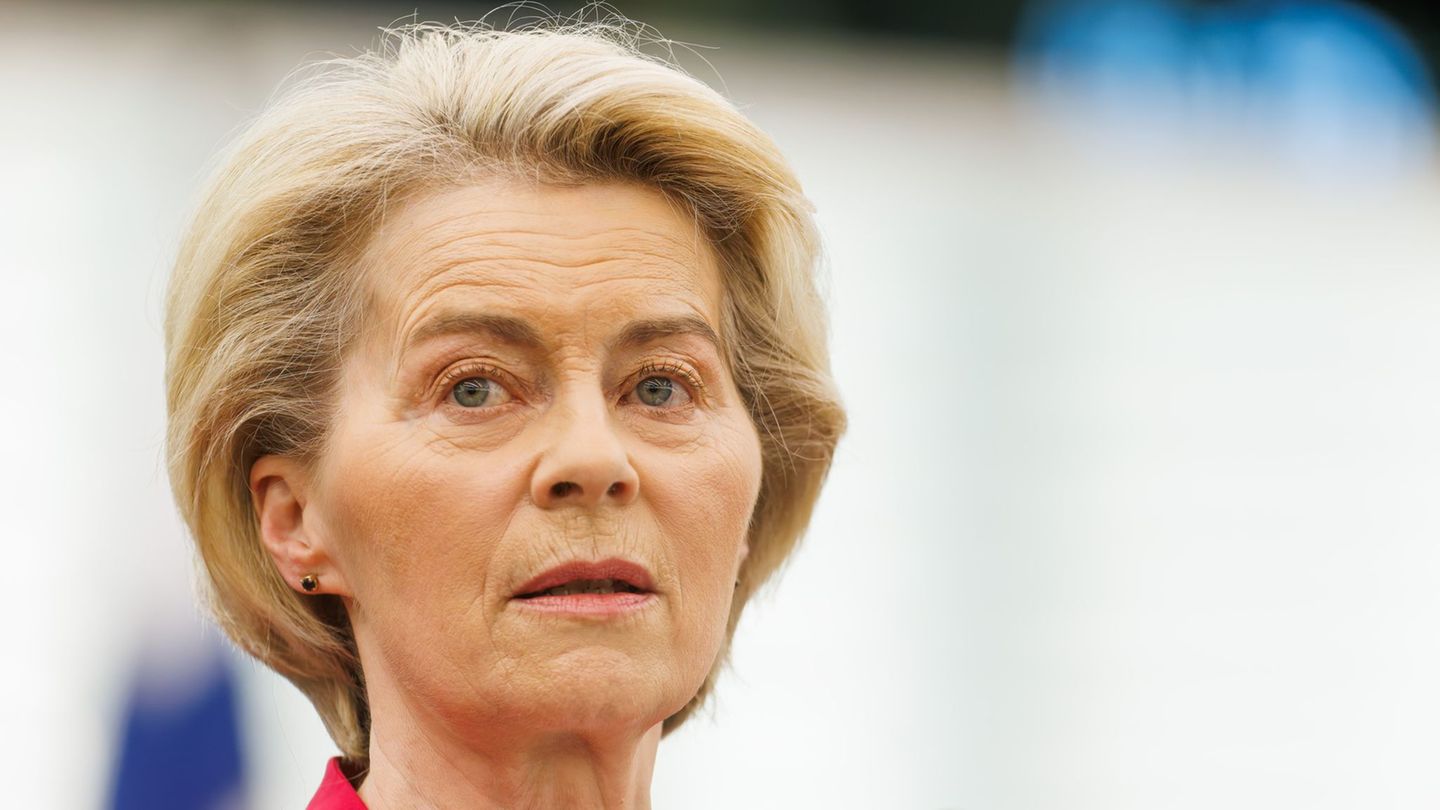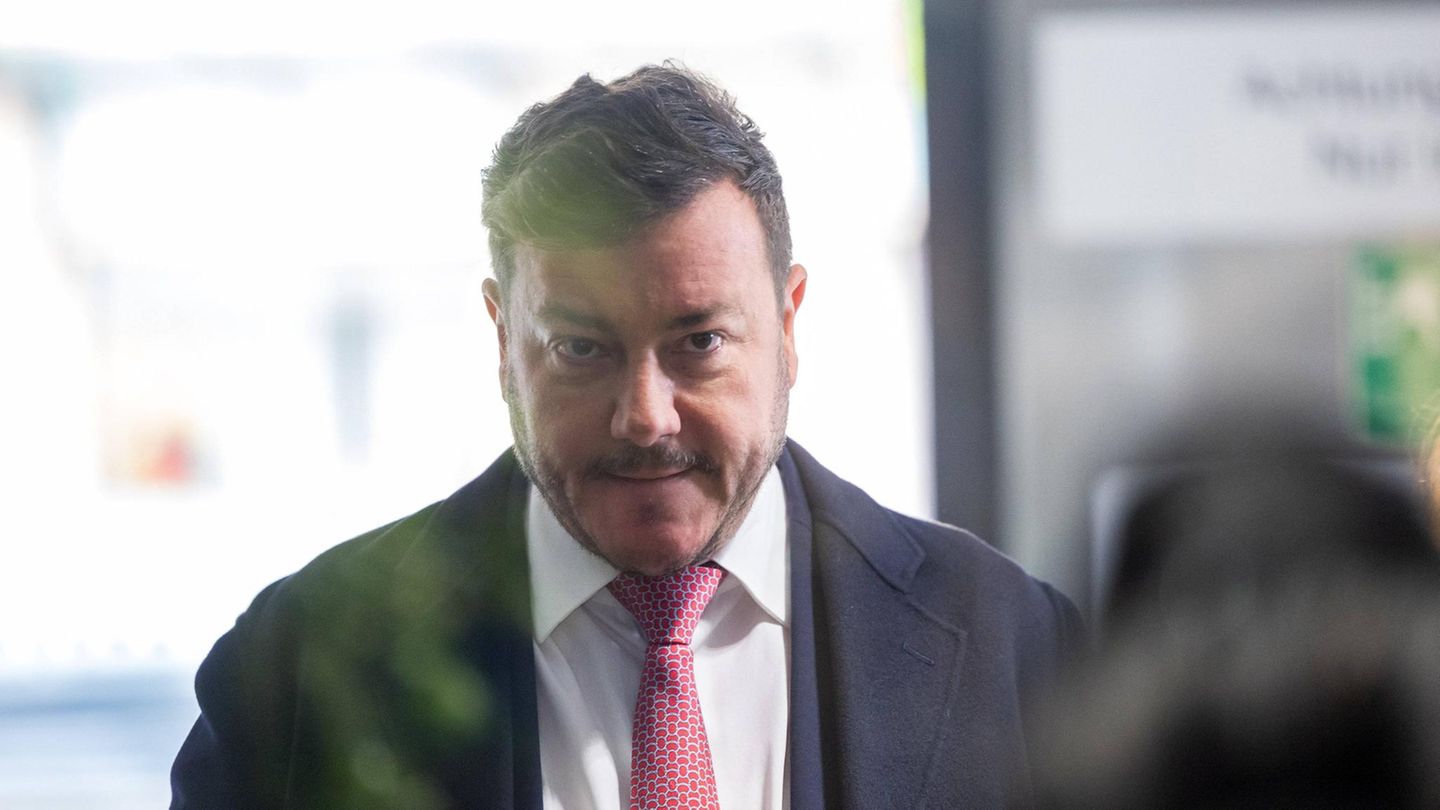The acceleration in inflation starting in August, when it reached double digits, had a full impact on purchasing power. This is clear from the latest available statistics, which show that Salaries grew below the CPI variation level. A trend that, analysts say, would continue in the final months of the year.
Anyway, recorded wages also fell compared to inflation in September: according to the RIPTE (Taxable Remuneration of Stable Workers) prepared by Social Security, the income of formal employees they climbed 9.5% during the ninth month, also below the variation of the CPI (12.7%). This way, In the first nine months of the year the RIPTE increased by 93.9%, while inflation in the same period was 103.2%.
In this context, when analyzing how the race between salaries and inflation may evolve in the last months of the year, Luis Campos, coordinator of the Social Law Observatory of the CTA – Autonomous, pointed out: “I have no objective elements, but I don’t think the decline in those months will be easily reversed, at least not in the remainder of the year.”
The thing is that, although he highlighted that “inflation is not necessarily going to accelerate, If it remains at these levels it will make it impossible for salaries to recover substantially.”. “With inflation around 12% monthly, it will be difficult for salaries to grow nominally at the same levels,” Campos explained to Ambitwho added: “For salaries to grow in real terms, inflation has to begin to subside, and it does not seem that this will happen between now and the end of the year.”
Analysis
“We are seeing a year in which there will be a consolidated fall in all segmentsin terms of salaries against inflation, but with many heterogeneities,” he explained to this medium. Sergio Chouzadirector of the consulting firm Sarandí, who added: “With a private segment that will be practically on par, I think slightly below. But with such high inflation losing by a few points is almost anecdotal. What counts most is the volatility of nominal dynamics, rather than the strict adjustment of the inflation series against an average inflation series. “The same thing will happen in the public sector: there will not be big differences.”
“In it informal private sector, public statistics, based on EPH (Permanent Household Survey), do not do justice completely, they are not completely accurate due to the delays in measurement, due to the effect of underreporting, because it is an even more heterogeneous segment than the average. But in any case, it could be assumed that this sector, because it does not have a parity adjustment, with updates due to the inflationary effect, will be the one most exposed to price volatility”Chouza remarked.
In this framework, the economist concluded: “So it is going to be a bad year but, paradoxically, less dramatic than years in which there was less nominality (for example 2018 and 2019), but even so there was a greater drop in purchasing power if salaries are analyzed against inflation.”
Along the same lines, the consulting firm LCG analyzed the evolution of salaries after the INDEC released the August index: “Until the middle of the year, average salaries tied up the inflationary dynamic. However, the devaluation ordered by the BCRA after the primary elections had as a consequence an acceleration of inflation that eroded all the profits accumulated until then”.
“Forward, We hope that there will be new reopenings of joint ventures, although the volatility that inflation has been showing could work against workers.“, they highlighted from the firm, and concluded: “Likewise, eroded purchasing power could stimulate a greater supply of labor to add income to the household, which would subtract bargaining capital from workers, violating the recovery of purchasing power.”
Source: Ambito




